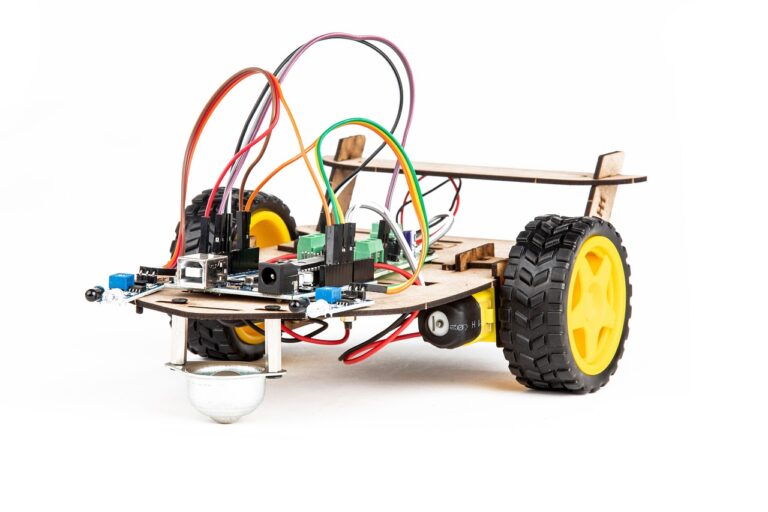Examining the Role of Peer Tutoring Programs in Academic Support: Empowering Student Leaders
Peer tutoring programs offer a unique and effective way to provide academic support to students. By pairing students with their peers who have mastered the subject matter, these programs create a comfortable and approachable learning environment. This one-on-one interaction allows students to ask questions freely, receive personalized explanations, and gain a deeper understanding of the material.
Furthermore, peer tutoring programs have been shown to enhance students’ academic performance. Research indicates that students who participate in peer tutoring see improvements in their grades, test scores, and overall comprehension of the subject matter. This personalized approach to learning not only helps students academically but also boosts their confidence and motivation to succeed in their studies.
How Peer Tutoring Programs Enhance Student Learning
Peer tutoring programs have been shown to significantly improve student learning outcomes across a wide range of subjects and academic levels. When students engage in peer tutoring, they have the opportunity to not only receive individualized support tailored to their learning needs but also to strengthen their understanding of the material by explaining concepts to their peers. This process of teaching and explaining helps students solidify their own knowledge and gain a deeper understanding of the content.
Furthermore, peer tutoring programs promote a collaborative learning environment where students can actively engage with course material, ask questions, and work through challenges with the guidance of their peers. This interactive and dynamic approach to learning not only enhances student comprehension but also fosters critical thinking skills and problem-solving abilities. By participating in peer tutoring sessions, students are encouraged to take an active role in their learning process, leading to increased retention of information and a greater mastery of the subject matter.
The Impact of Peer Tutoring Programs on Student Confidence
Peer tutoring programs play a significant role in boosting student confidence within academic settings. As students engage in peer-to-peer learning relationships, they develop a sense of trust and comfort that may not be as easily cultivated in traditional classroom settings. The personalized attention and support received from peers create a safe space for students to ask questions, seek clarification, and explore challenging concepts without fear of judgment or reprisal.
Moreover, the collaborative nature of peer tutoring programs encourages students to actively participate in their own learning process, leading to a sense of ownership over their academic successes. By working together with their peers to overcome obstacles and achieve academic goals, students not only improve their subject knowledge but also build self-assurance in their abilities to tackle future challenges. This increased confidence can have a lasting impact on students’ overall academic performance and can translate into other areas of their lives as well.
How do peer tutoring programs benefit students academically?
Peer tutoring programs provide students with additional academic support from their peers, which can help clarify difficult concepts, improve study skills, and increase understanding of the material.
How do peer tutoring programs enhance student learning?
Peer tutoring programs encourage collaboration and active learning, as students are able to ask questions, discuss ideas, and receive personalized support from their peers. This can lead to improved comprehension and retention of the material.
How do peer tutoring programs impact student confidence?
Peer tutoring programs can boost student confidence by providing a safe and supportive environment for learning. Students may feel more comfortable asking questions and seeking help from their peers, leading to increased self-esteem and a greater sense of academic ability.





